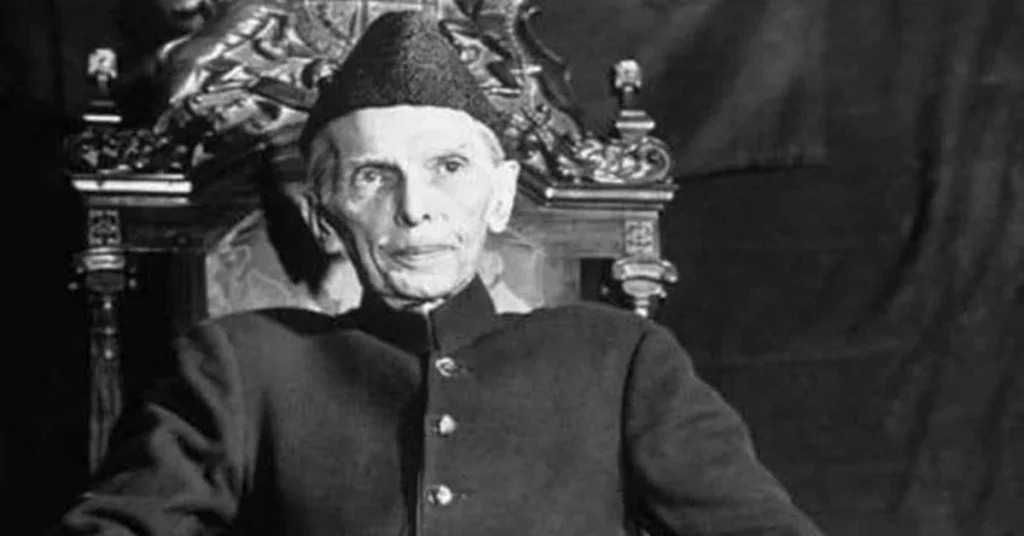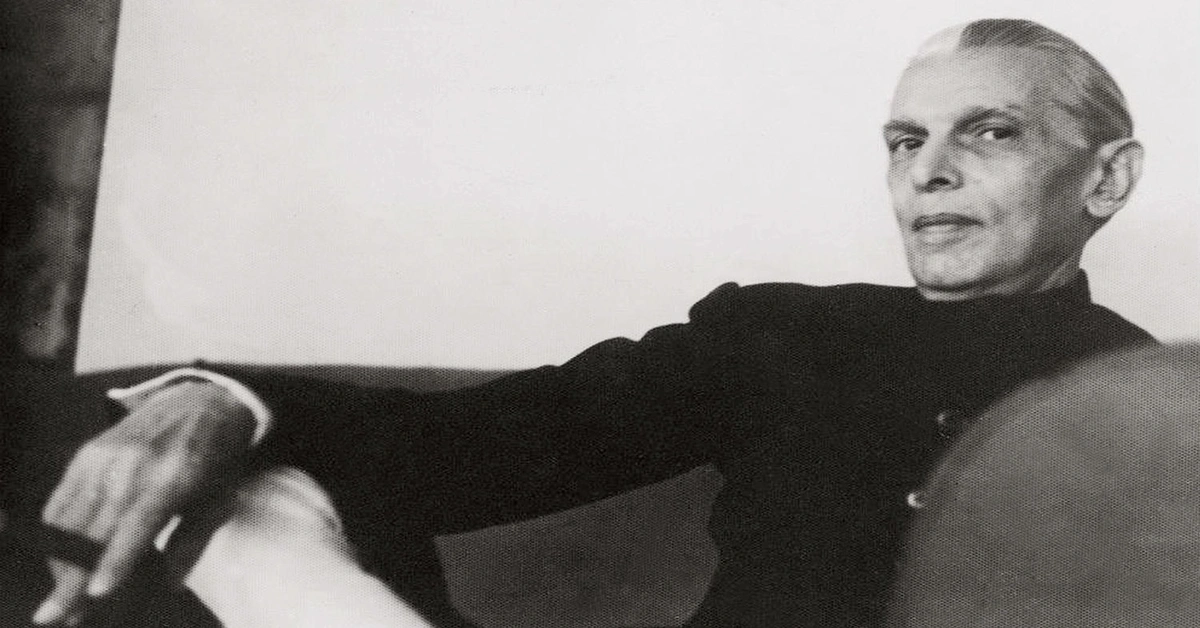On 11 September Pakistan remembers its founder, Quaid-e-Azam Muhammad Ali Jinnah, whose death in 1948 marked a solemn moment in the country’s early history. Each year the nation reflects on his vision for a democratic, inclusive Pakistan — and on the personal sacrifices behind the creation of the state.
Final Hours & Cause of Death
Muhammad Ali Jinnah health had been failing for months when he was flown from Ziarat to Karachi. He died on the night of 11 September 1948 at the age of 71 after a prolonged battle with pulmonary tuberculosis and related complications. Doctors recorded advanced illness that medical treatments of the day could not reverse.
Jinnah frailty in those last weeks — including delays and the dramatic return to Karachi — has become part of the nation’s collective memory. The immediate impact of his passing was felt across Pakistan and beyond, as leaders and citizens alike marked the loss of the man who had steered the independence movement.
State Funeral & Public Mourning
The state funeral on 12 September 1948 drew enormous crowds. Contemporary reports estimate around a million people attended the procession in Karachi to pay respects to the Quaid. Religious leaders and top government officials led ceremonies that underscored the depth of national mourning.
Burial at what is now the Mazar-e-Quaid transformed that site into an enduring national shrine. Over the decades the mausoleum has remained a focal point for official commemorations on 11 September and other national observances.
The Vision Remembered
Quaid-e-Azam Muhammad Ali Jinnah public vision emphasized rule of law, minority rights, and a modern state built on equal citizenship. Even as debates about the practical shape of Pakistan continue, many of Jinnah’s speeches and letters are still cited for their call to tolerance and civic justice.
On 11 September schools, diplomatic missions, and civil institutions often hold readings, prayers, and short lectures that recall those central themes — a ritual renewal of the aspirations Jinnah set out for the new nation.

Legacy in Institutions
Many national institutions — universities, roads, airports, and awards — bear the Quaid’s name, keeping his legacy visible in public life. These namings reflect the enduring place he holds in Pakistan’s identity.
Beyond names, the legal and constitutional debates that shaped early Pakistan still refer back to the values Jinnah articulated during the independence era. His role as a constitutional and political founder remains central in school curricula and civic discourse
Annual Observance
Every 11 September Pakistan marks the date with official messages from leaders, special media programs, and visits to Mazar-e-Quaid by public figures. Overseas missions and Pakistani communities abroad also organize commemorations.
These observances serve both as remembrance and as an occasion to debate how closely modern policies track with the Quaid’s stated ideals. The date functions as a civic checkpoint for reflection and recommitment.
Also Read: Brain The World First Computer Virus That Started It All
Key Highlights of 11 September
Dawn Prayers Across the Nation
At daybreak, special prayers are offered in mosques and other worship places across Pakistan, seeking eternal peace for Quaid-e-Azam’s soul and blessings for the nation’s peace and prosperity.
Quran Khawani & Fateha at Mazar-e-Quaid, Karachi
At the Mazar-e-Quaid (Jinnah Mausoleum) in Karachi, Quran recitations (Quran Khawani) and supplications (Fateha Khawani) are held. People from all walks of life—citizens, government officials, and political leaders—converge to pay tribute.
Floral Wreaths by Government Representatives
Officials—including the President, Prime Minister, and other dignitaries—lay floral wreaths at the mausoleum as a mark of respect and remembrance.
Head of State Messages
The President and Prime Minister issue formal messages, emphasizing Jinnah’s ideals of unity, faith, discipline, and the vision of a just, democratic Pakistan; they often urge citizens to renew their pledge to live by those values.
Broadcast of Special Programs
Radio Pakistan and Pakistan Television (PTV) air tribute programs throughout the day—featuring documentaries, archival footage, speeches, and reflections on Jinnah’s life and legacy.
Commemorations at Diplomatic Missions (Abroad)
Pakistani embassies, high commissions, and missions worldwide host observances, including Quran Khawani and speeches, echoing domestic solemnity at international locations.
Military and Guard Ceremonies
At the Mazar-e-Quaid and other official venues, armed forces personnel perform ceremonial duties—such as marches and guard changes—to honor the founder’s memory.
Gathering Attendance (Estimated Crowds)
Though recent exact attendance numbers aren’t always published, past observances have drawn hundreds of thousands to over a million people at Mazar-e-Quaid, especially during milestone anniversaries, continuing a legacy of large public turnout.
Final Thoughts
On 11 September Pakistan pauses to honor Quaid-e-Azam Muhammad Ali Jinnah — a reminder that the nation’s origins are bound up with both a political project and deeply personal sacrifice. Commemorations are at once an act of respect and an invitation to revisit the principles that shaped the country’s founding. By remembering his achievements and shortcomings, Pakistan keeps the conversation about its future anchored in the past’s hard lessons



Join The Discussion